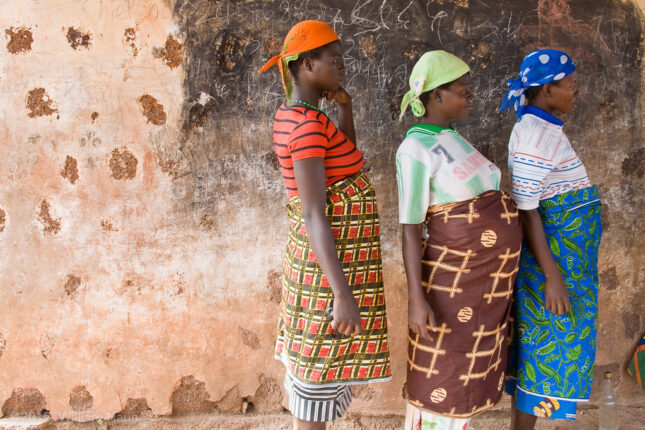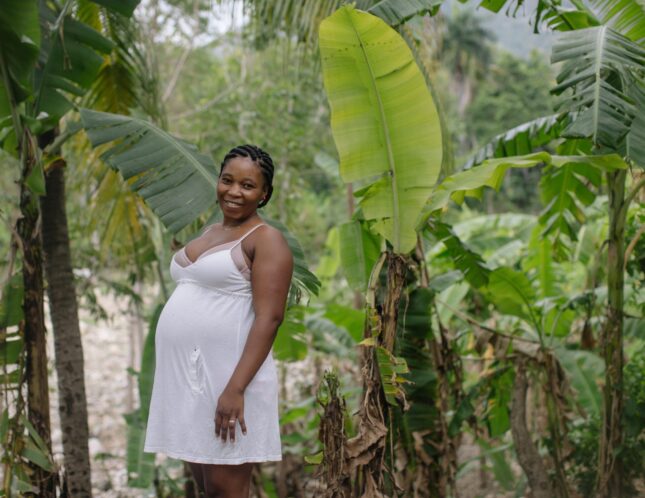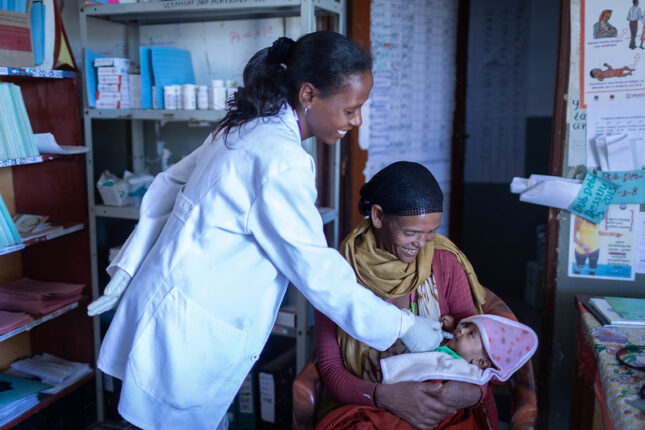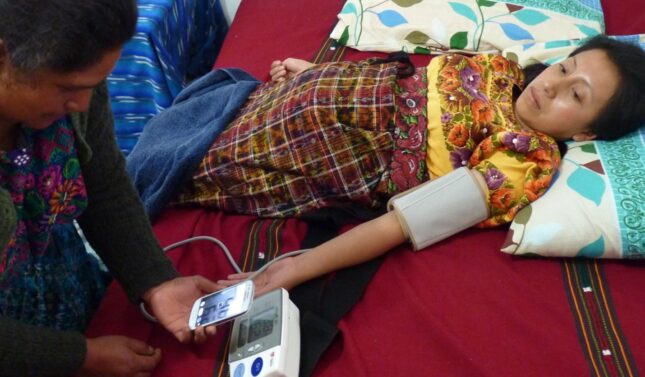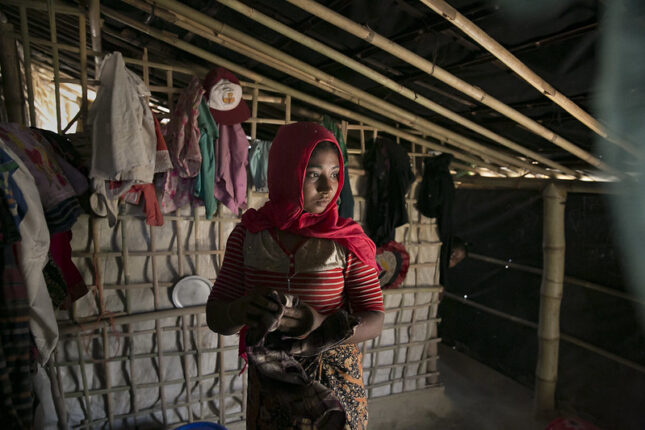-
Humanity Beyond Borders
›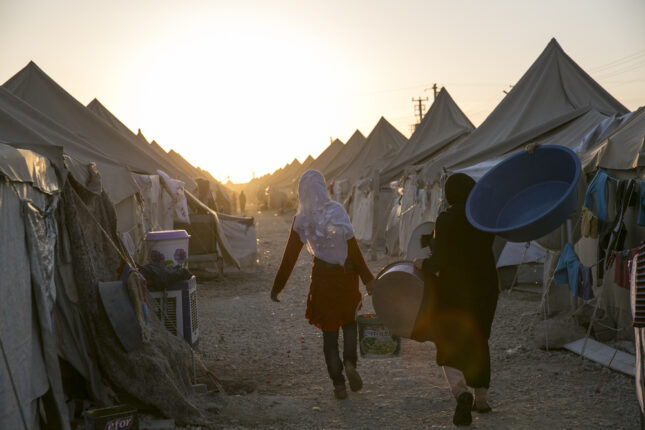
“The health care challenges faced by refugees and displaced people are complex and multi-dimensional,” said John Thon Majok, Director of the Wilson Center’s Refugee and Forced Displacement Initiative (RAFDI). “This requires not only understanding the drivers of displacement but also analysis of the barriers to healthcare as well as innovative ways to address them.”
-
International Day for Maternal Health and Rights: Promoting the Right to Health for Pregnant People Globally
›
April 11 is the International Day for Maternal Health and Rights. Globally, 800 women die each day from preventable causes due to pregnancy and childbirth. Improving maternal health outcomes and preventing maternal deaths requires a human rights-based approach that protects a person’s right to survive childbirth, to access high-quality health care, to government accountability, to equity and non-discrimination when accessing care, and to family planning and contraception. Enshrining these rights for all pregnant people is key to meaningful progress towards the prevention of maternal deaths globally.
-
Maternal Health: How Racial and Gender Discrimination Drive Maternal Mortality Rates
›
The International Day of the Elimination of Racial Discrimination on March 21 offers a significant opportunity to reflect on a key issue in maternal health: despite global progress over the past 20 years, maternal deaths are rising across the Americas. Why?
-
From Sunset to a New Dawn: Sustaining Civil Society’s Voice on Safe Motherhood
›
Maternal mortality continues to be one of the scourges in global health. The fact that women die as part of bringing life is an indictment against the overall status of women around the world, and underscores the failure to prioritize women, mothers, and children. Efforts to draw attention to the causes of maternal death and the solutions to maternal mortality abound, but they fail to get enough attention from the decisionmakers who establish health priorities and allocate resources that could actually make a difference.
-
International Women’s Day 2024: Investment Can Promote Equality
›
Today, March 8, is International Women’s Day (IWD). It is an annual occasion to celebrate the incredible achievements of women and girls globally, while acknowledging the work still needed to push forward to make the critical human rights issue of gender equality a reality.
-
Closing the Women’s Health Gap Report: Much Needed Recognition for Endometriosis and Menopause
› Women across the globe spend 25% more time in poor health and in varying degrees of disability than men, according to a new 2024 report by the World Economic Forum and the McKinsey Health Institute. Closing the Women’s Health Gap: A $1 Trillion Opportunity to Improve Lives and Economies addresses the root causes of the women’s health gap that if addressed could improve the lives of millions of women and potentially boost the global economy by $1 trillion annually by 2040.
Women across the globe spend 25% more time in poor health and in varying degrees of disability than men, according to a new 2024 report by the World Economic Forum and the McKinsey Health Institute. Closing the Women’s Health Gap: A $1 Trillion Opportunity to Improve Lives and Economies addresses the root causes of the women’s health gap that if addressed could improve the lives of millions of women and potentially boost the global economy by $1 trillion annually by 2040. -
AI in Community Care: Can Co-design Shift the Balance in Maternal Mortality?
›
We face a global crisis of maternal mortality that extends to untenable disparities within the United States. Yet too often, the populations most affected by such health disparities are sidelined in the creation of solutions to address them.
-
New Global Health & Gender Policy Brief: Women and Girls in Wartime
›
Throughout history, women have played crucial leadership roles during wartime, even if their contributions were not always well-documented or recognized. In times of conflict, societal norms sometimes shift, allowing women to step into positions of authority that might have been traditionally reserved for men. Despite indisputable evidence of women’s leadership and bravery during conflict, however, women continue to be construed as “victims” and “passive actors”—rather than the political agents, leaders, soldiers, and visionaries that they are.
Showing posts from category sexual and reproductive health.


